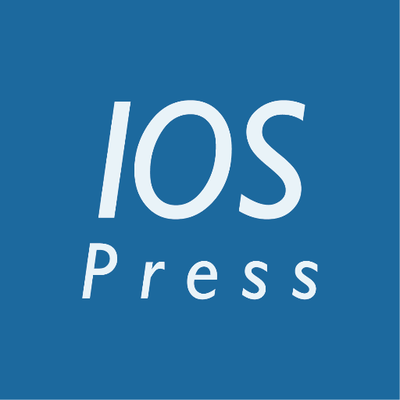Title:
Medical emergency data and networks: A German-Canadian comparison
Short Description and Focus of Chapter:
A significant number of problems in emergency care are caused by a lack of provider access to pre-existing patient information at the point of care. Medical Emergency Datasets (MEDs) are brief summarizations of an individual’s medical history, providing vital patient information to emergency medical providers. The German MED was validated by German physicians and – based on an international research project – also by Canadian physicians. Physicians in both countries considered the content very useful. The MED is currently being introduced in Germany as part of the Telematic Infrastructure. At the same time, the COVID pandemic forced healthcare professionals around the work to optimize the digital information exchange between different healthcare providers. While the exchange of data is important, additional personal expert is advice sometimes vital. Real time virtual support systems (RTVS) were introduced in Germany and Canada to support team-based healthcare delivery independent of the actual location. Such systems have been implemented for intensive care, emergency medicine, primary care and a number of other medical specialties. These systems serve as a safety net, as a funnel (appropriate utilization; linking patients back to primary care networks – thus reducing fragmented or disrupted services) and as a medical network by building interprofessional relationships.
Corresponding Author:
Dr. Christian Juhra
Position/Affiliation:
Head Telemedicine Unit, Münster University Hospital, Germany
Short Biography:
Priv.-Doz. Dr. Christian Juhra, MBA, is the head of the Telemedicine Unit, which was founded in 2016, at the University Hospital Münster . Before that, he worked for nine years at the Clinic for Trauma, Hand and Reconstructive Surgery at the University Hospital in Münster, where, in addition to his clinical work as a specialist in surgery, he managed several projects in the field of eHealth.
In 2009 Juhra received the Telemedicine Innovation Prize. He is head of the telemedicine working group and the orthopedics and trauma surgery working group of the German Society for Medical Informatics, Biometry and Epidemiology (GMDS). In 2017 he completed his habilitation in medical informatics with a focus on telemedicine at the Westfälische-Wilhelms-Universität Münster.
In 2016, the Telemedicine Unit, together with the German Medical Association and gematik, carried out the first test of the creation of emergency data sets (NFDM Sprint). The Telemedicine Office is also involved in or leads the project " TELnet @ NRW - Telemedical, intersectoral network as a new digital structure for measurable improvement of local health care " from the Innovation Fund as well as in other publicly funded research projects in the field of eHealth (FALKO.NRW, MEDUSA) this (TIME).
Further information are found here.
Submission Status of Book Chapter:
Abstract: submitted
Draft: submitted
Final Version: submitted
